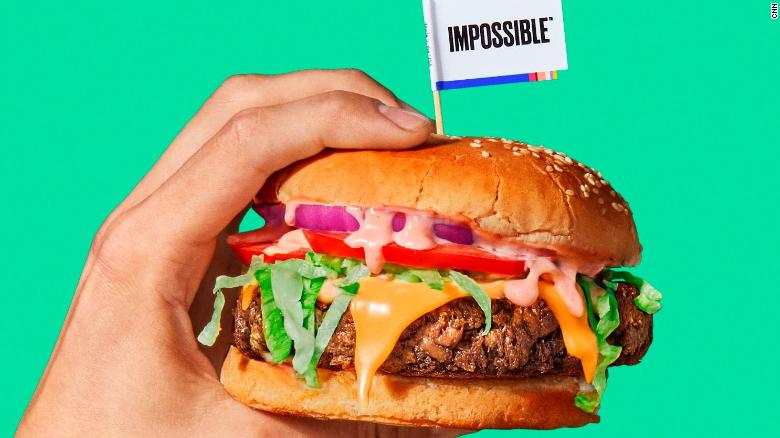Man of Honour
- Joined
- 5 Jun 2003
- Posts
- 91,784
- Location
- Falling...

Lab-grown chicken approved for sale in the US
The United States has approved the sale of man-made chicken created from animal cells, paving the way for “laboratory-grown” meat to appear in restaurants and
I'm not sure how I feel about this.
Of course it's an amazing piece of science, but to me as a pleb, I can't help feel that it's a bit dodgy. I mean I'm sure it's closely monitored etc for pathogens and other issues.... But things like GM crops and hormone filled animals have been shown to have a detrimental effect down the food chain...
Of course being able to eat meat that hasn't killed millions of animals is not a bad thing.... However are there potential negative side effects that we haven't considered?
Would you eat lab grown meat?






